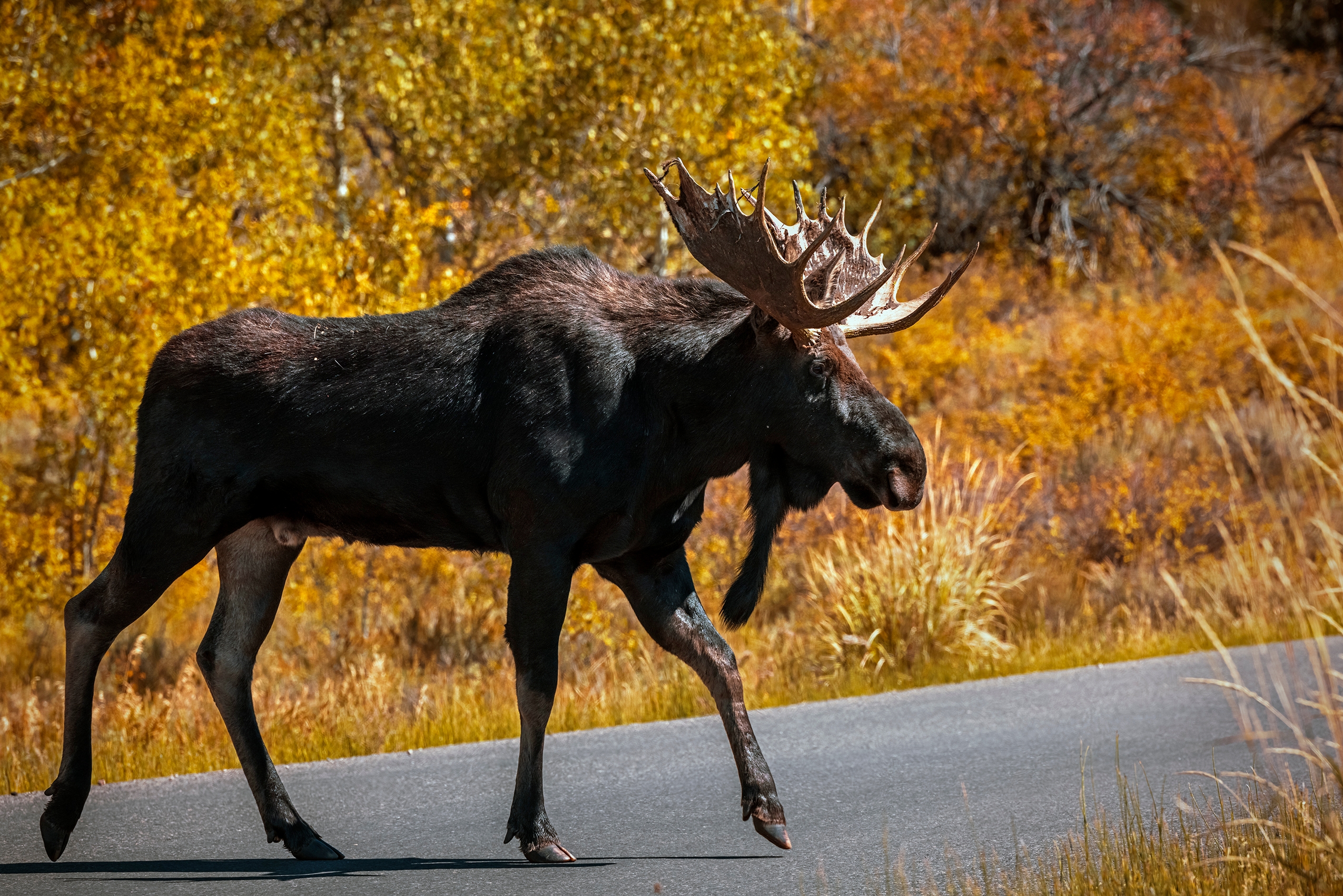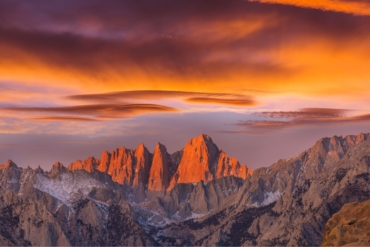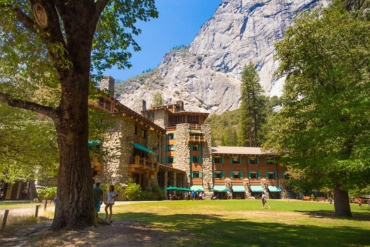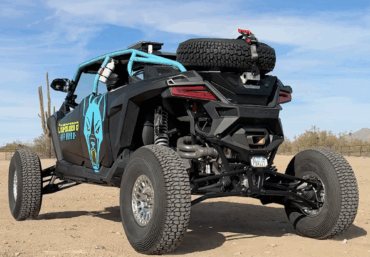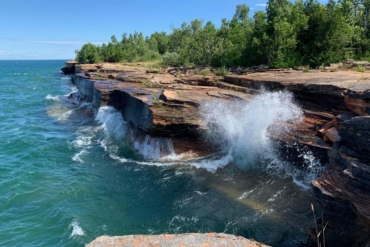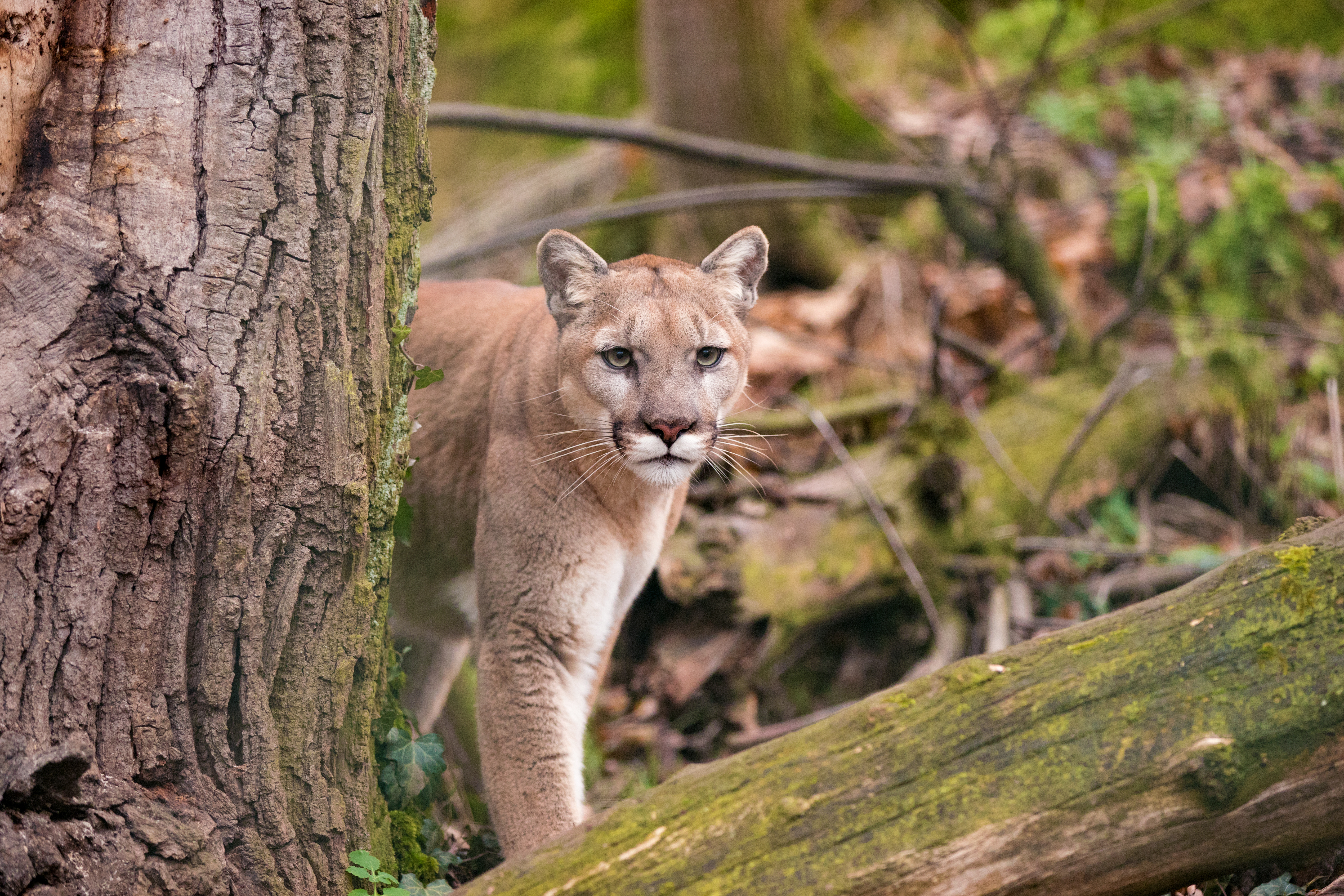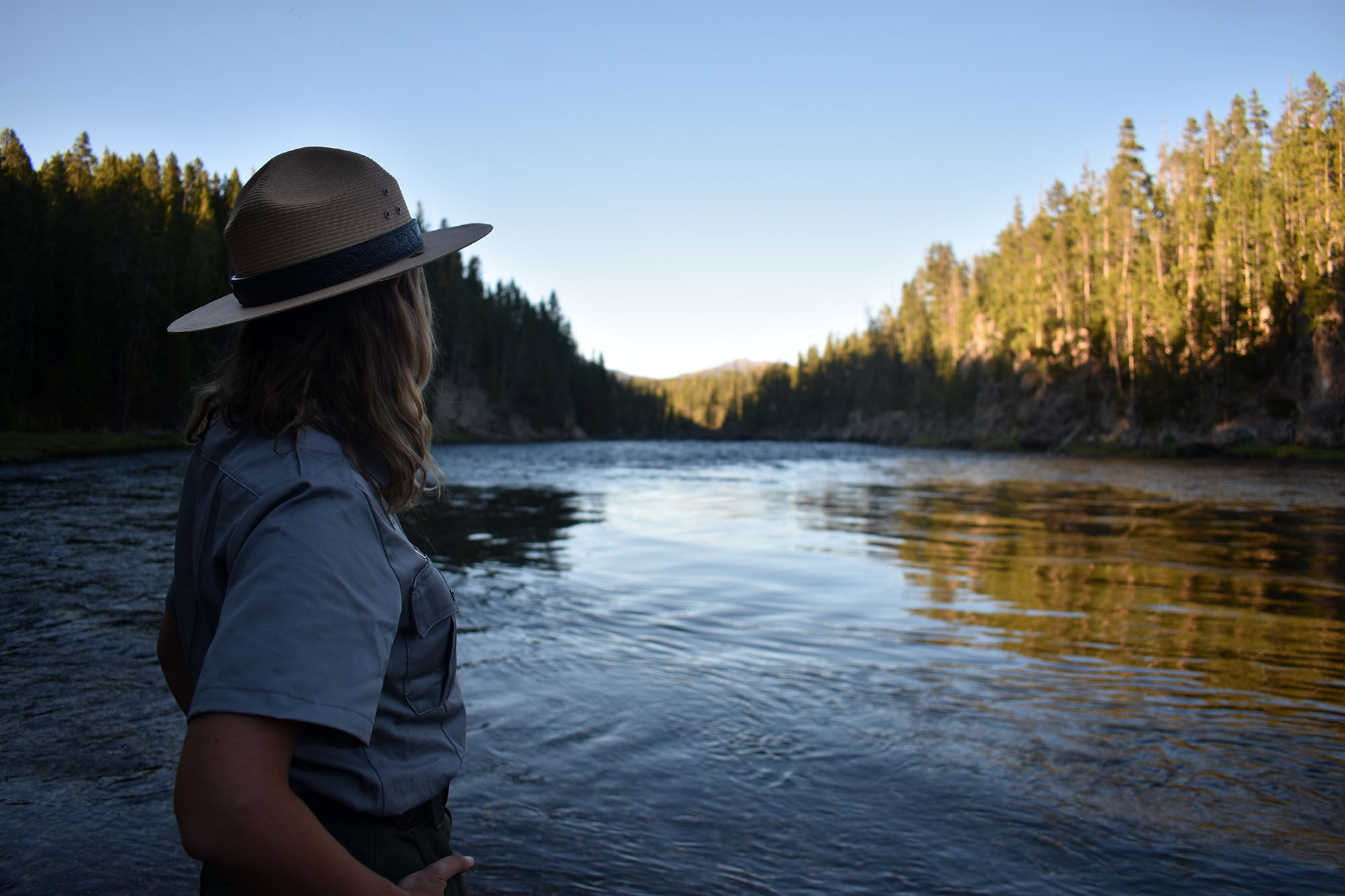The bill was signed into law on November 15 by President Biden, and it’s jam-packed with dollars for public lands, wildlife, and waters projects.
The bipartisan effort to protect and rehabilitate our natural resources remains one of the few uniting threads in the American political landscape.
From the passing of last year’s Great American Outdoors Act to support for the potential Recovering America’s Wildlife Act, senators and house representatives alike do see eye-to-eye on some things.
And though the Infrastructure and Jobs Act was a big compromise across the board, conservation came out with some really big wins in funding. Each allotment is scheduled to be released over a 5-year period, and some include extra appropriations where needed.
Let’s dig in.
$350 Million Allocated for Wildlife Crossings to Keep Travelers and Wildlife Safe

Between 1 and 2 million vehicles collide with wildlife each year in the U.S. Amid the losses are an average of 200 human deaths, 26,000 human injuries, millions of animal deaths, and nearly $8 billion in property damages each year.
But habitat fractured by road systems can be reconnected. And wildlife crossings are one of the safest and most effective ways to create wildlife corridors that circumvent our roads.
States like Nevada, Utah, Wyoming, and Montana have used wildlife crossings to great success in areas with high risk. According to the Pew Trust, some have reduced collisions by an impressive 80%.
Through the Infrastructure Bill, Congress appropriated $350 million over 5 years for areas in need of such structures. Initially, funds will be dispersed through a system of competitive grants, giving roadways with the most need likely priority.
American Fisheries to See Up to $4 Billion for Culvert and Dam Removal
According to American Rivers, more than 91,000 dams interrupt, block, and choke American waterways. Among these are many that no longer serve their original purpose.
Instead, they block important migration routes and habitat access for fish and other aquatic species — many of which are endangered and threatened. Culverts also add thousands of interruptions to waterways, and many are in need of replacement or removal.
Now, $1 billion sits in the coffers to address these impairments in aquatic infrastructure. And, Congress appropriated an additional $3 billion for states, tribal nations, and local governments’ use in removing these barriers. Projects that aid in restoring threatened and endangered species will take priority in this effort.
$1.7 Billion+ to Go to Transportation Improvements in National Parks, Tribal Lands, and More

Currently, more than $6.15 billion in deferred maintenance exists in National Parks just in the transportation and roadways category. But the Infrastructure Bill aims to tackle part of that.
Two separate programs authorized by the bill aim to help. The Federal Lands Transportation Program is the largest to be funded, and $1.7 billion is set to focus on the deferred maintenance on park roads and transportation systems. Additionally, roads designated for redesign under the FLTP will also look to wildlife collision data to provide safer routes for people and wildlife.
Secondly, the program — the Nationally Significant Federal Lands and Tribal Projects Program — tackles large-scale construction projects in need of $10 million or more.
This project is guaranteed $275 million over 5 years, with possible additions of up to $300 million. Altogether, up to $1.5 billion could support the NSFTP should it be needed.
